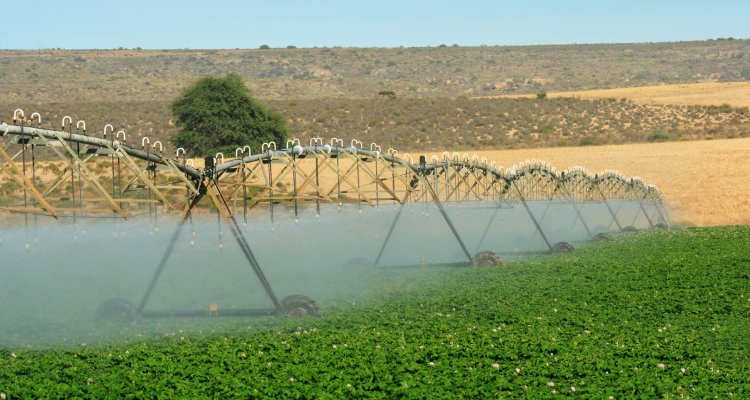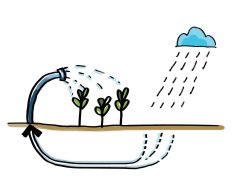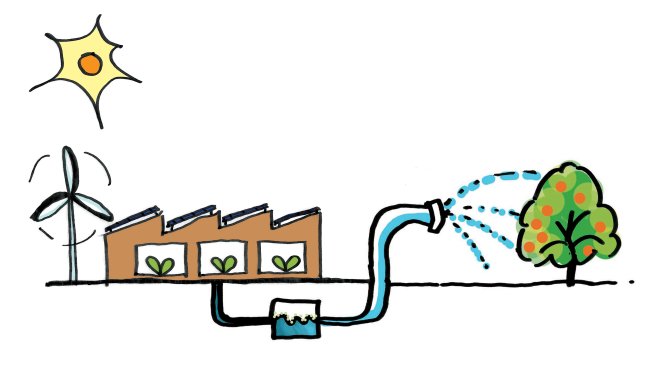
Use case
Resource efficiency (water)
Case study II applies a landscape-based approach to examine and act upon nature-based solutions with the aim to address the mismatch between (waste) water demand and supply.
The research activities take place in two different geographical areas (i.e. the Netherlands and Ghana) where food systems face different challenges and specific climate risks.
In both areas we consider (a) opportunities and constraints that stakeholders may perceive; (b) future technological development in both cropping and waste water treatment and (c) the benefits for nature.
Research questions
In general terms we aim to address the following research questions:
- What are the underpinning mechanisms of (a set of) nature-based solutions that aim to address the mismatch between (waste) water demand and supply, and how do they function?
- To what extent do/can nature-based solutions contribute to food security, circularity and climate resilience?
- What are the fostering and hampering factors for implementing and scaling nature-based solutions within specific spatial contexts?
- What are essential processes, data, information and (visualization) tools for supporting multi- stakeholders in a food system to jointly explore promising nature-based solutions and appropriate locations at landscape level?
Subcases
1. Ghana’s food basket in changing climate
Bono East Region is one of Ghana’s main provider of food, and is therefore referred to as Ghana’s food basket. But for how long will this be the case? Climate change, manifested in prolonged dry spells and erratic rainfall, is making agriculture an unreliable and unprofitable investment. There are two nature-based solutions having high impact on the food system of Bono East Region and for Ghana: rainwater harvesting for irrigation and forest landscape restoration in combination with food production.


2. Waste water connectors in the Netherlands
Can residual water from a food processing factory become irrigation water for the crops on a field nearby? And what about valuable dissolved substances? Can we get them out of the waste stream, back into the food system? Food processing industries in the Netherlands are exploring how water can be reused. One way to increase the recycling efficiency is to combine nature-based solutions with technology. We developed a toolkit for NBS technologies and identified suitable areas in the Netherlands for future climate resilient applications. You are invited to contact us if you would like to make use of knowledge and tools.
